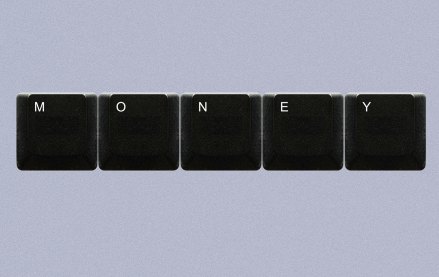
Publishers love to talk about the rate card prices, but in reality agencies pay nowhere near the figures listed publicly or fed to the trade press. Everything in the world of online media is open to negotiation, and things like package deals, upfront commitments, and volume discounts help drive the price of digital ads down further.
If a homepage is unsold for the following day, for example, publishers will often drop their prices drastically, especially for new clients.
As one ad buyer described, “Rate cards are a bit of a sham in digital. No one pays the going rate for anything, and sellers try to make every agency believe they have the lowest rate, and that they’re the smartest, most strategic and a pleasure to work with.”
Digiday asked media buyers and marketers what they actually pay for some of some of the Internet’s most prominent ad placements. Prices vary, of course, based on the nature of specific deals and arrangements, but these are the anecdotal figures they reported. They are estimated averages and don’t reflect the price of every ad buy.
If you have other tips or suggestions, or have had different experiences with the ad vendors listed below, we’d love hear about them. Please email them to me at jack@digiday.com
Yahoo homepage takeover = $450,000
According to media buyers Yahoo asks for $600,000 for a one-day homepage takeover, but typically sells them for around $450,000.

–
YouTube homepage takeover = $400,000
To own the large display ad with video on the YouTube homepage, advertisers typically cough up about $400,000. It’s usually sold as a package, though, with other media such as in-stream video ads, display ads, or featured video listings.

–
Facebook log-out screen ad = $100,000
When Facebook launched its log-out screen ads, reports suggested it was charging $700,000 for them, but in reality they came bundled with a homage ad commitment, too. Buyers say they’re now selling log-out ads standalone for around $100,000.

–
Twitter promoted trending topic = $120,000
Promoted trending topics typically sell for around $120,000 but are usually supported by a promoted tweet purchase of around $80,000, too.

–
Hulu in-stream ads = $30 CPM
Much has been made about Hulu’s “sky-high” video CPMs in the years since its launch, but buyers say CPMs currently hover around the $25 or $30 mark.

–
Foursquare actions = 40 cents
The location-based social network has revealed little about how it’s pricing its fledgling promoted updates ad product, but marketers say they typically pay between 30 cents and 50 cents each time someone interacts with one of their updates on the network.

–
BuzzFeed sponsored article = $20,000
The belle du jour of the “native advertising movement” sells five or six sponsored stories for a $100,000 commitment, buyers say.

–
AOL homepage takeover = $400,000
Like Yahoo, AOL asks for more, but sells homepage ownership for about $400,000.

–
Branded mobile app = $125,000
There’s been a lot of talk about what a mobile app should cost to produce, but according to one brand marketer, they typically sell for between $100,000 and $150,000, based on functionality. That doesn’t include the media to promote or distribute it, though. If an app falls in the woods…
Image via Shutterstock
More in Media

From sidelines to spotlight: Esports events are putting creators center stage
Esports events’ embrace of content creators reflects advertisers’ changing priorities across both gaming and the wider culture. In the past, marketers viewed esports as one of the best ways to reach gamers. In 2025, brands are instead prioritizing creators in their outreach to audiences across demographics and interest areas, including gaming.

Condé Nast and Hearst strike Amazon AI licensing deals for Rufus
Condé Nast and Hearst have joined the New York Times in signing a licensing deal with Amazon for its AI-powered shopping assistant Rufus.

Media Briefing: AI payouts may be entering a new era
AI compensation is evolving — and new models, not just publisher demands, are driving the shift beyond flat-fee licensing.





